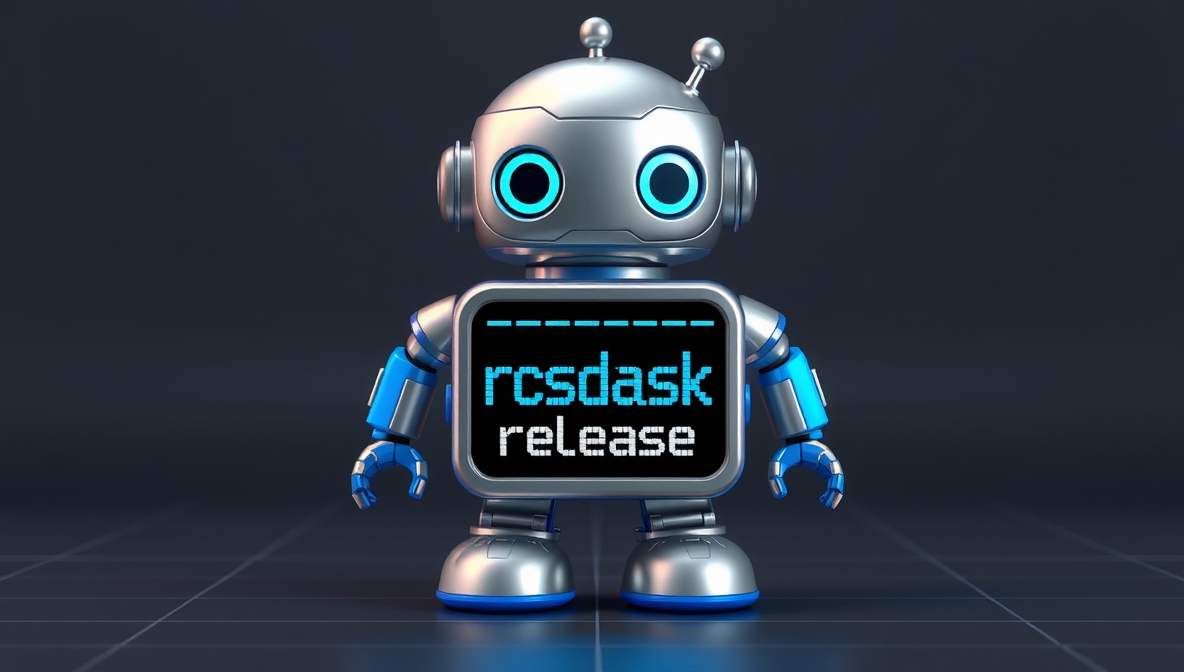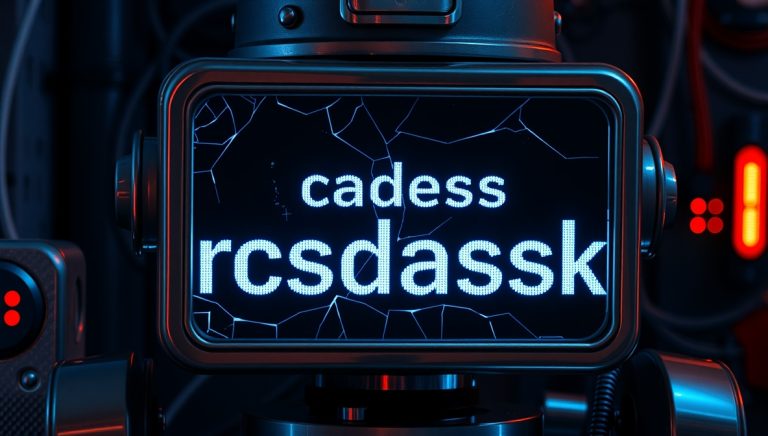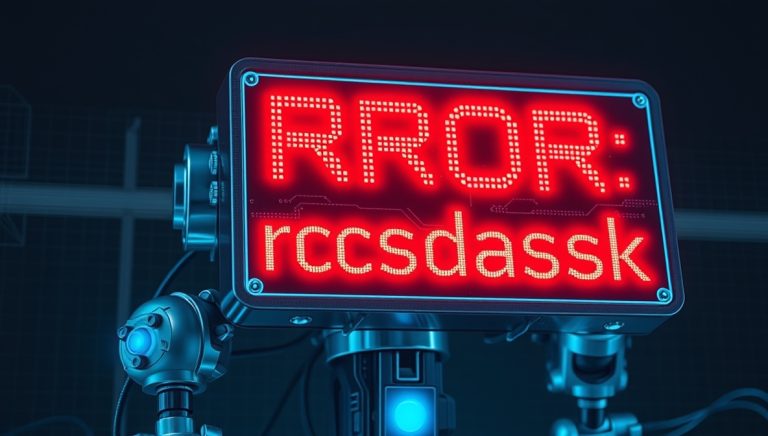Rcsdassk Release – A Deep Dive into Technology, Society, and Future Innovation
In recent years, the digital world has witnessed several turning points that have shaped how individuals, companies, and governments interact with technology. Among these significant moments, rcsdassk release has emerged as a phrase associated with transformative change, discussions around digital evolution, and the global reach of innovation. The unfolding of new tools, methods, and systems often raises questions about accessibility, adaptability, and accountability in our rapidly changing societies.
At the heart of these developments lies a deeper story of how technology not only affects business but also reshapes everyday life. The conversations surrounding rcsdassk release reveal a mix of excitement, anticipation, and sometimes confusion as people attempt to understand what it represents and how it might influence the trajectory of progress. Just as with earlier technological shifts, society finds itself negotiating the balance between embracing innovation and addressing the challenges it inevitably brings.
The Context of Global Change
When examining the impact of emerging systems, it is clear that no innovation exists in isolation. Every development is tied to economic, political, and cultural landscapes that provide both opportunities and barriers. The timing of rcsdassk release coincides with a period where digital solutions are being integrated into healthcare, finance, education, and entertainment on an unprecedented scale. From remote collaboration to artificial intelligence, technological adaptation is driving both inclusivity and exclusivity in different ways.
In the global economy, the potential of transformative advancements is measured not just by financial gains but also by how effectively they empower individuals and communities. Conversations about rcsdassk release highlight the necessity of preparing for shifts that will not only affect corporations but also small businesses, freelancers, and ordinary users who rely on accessible and reliable tools. Technology’s ripple effects are far-reaching, creating new industries while reshaping existing ones.
Technology as a Catalyst
The ability of technology to act as a catalyst for progress is undeniable. Consider the sweeping changes in communication—letters gave way to emails, which eventually gave way to instant messaging and video conferencing. Similarly, financial transactions that once required long queues can now be executed within seconds on smartphones. Against this backdrop, rcsdassk release signals another step in the ongoing journey of making complex systems more seamless and integrated.
At the same time, technological catalysts come with side effects. The growing reliance on automation raises debates about employment, privacy, and surveillance. When experts discuss rcsdassk release, they often point to its potential to redefine workflows but also acknowledge the concerns surrounding ethical practices and long-term consequences. The duality of benefits and risks has become a defining feature of the modern digital landscape.
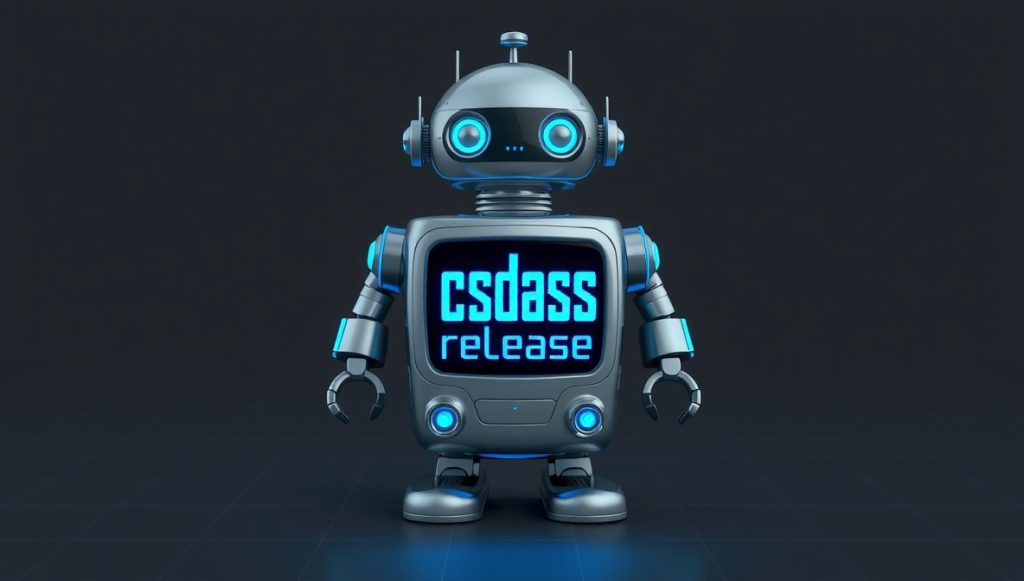
Societal Responses
Society’s response to technological milestones often reflects both optimism and skepticism. For instance, the rise of social media was initially celebrated as a revolutionary way of connecting people, but over time concerns about misinformation, polarization, and mental health surfaced. Similarly, as rcsdassk release became a topic of discussion, individuals and organizations began forming their own interpretations, ranging from enthusiasm about possibilities to caution about disruption.
The adaptability of societies depends on education, awareness, and equitable access to resources. Without these, even the most groundbreaking innovations can deepen divides rather than bridge them. This dynamic underscores why conversations about rcsdassk release must not only focus on technical efficiency but also consider the human dimensions—how people learn, adjust, and thrive in new circumstances. software error rcsdassk
Historical Parallels
Looking back at history, every major technological wave—from the industrial revolution to the digital revolution—has followed similar patterns of hope, disruption, and adaptation. Railways reshaped economies, electricity transformed industries, and the internet connected the globe. Within this historical framework, rcsdassk release can be seen as part of a continuum rather than an isolated event.
The parallels also reveal valuable lessons. Societies that embraced adaptability tended to prosper, while those that resisted change often struggled to keep pace. When the world confronted earlier revolutions, questions about regulation, labor, and equity played central roles. Today, these same questions re-emerge as the context of rcsdassk release sparks debates about inclusivity, governance, and responsibility.
Business and Innovation
From a business perspective, innovation is the cornerstone of competitiveness. Companies that fail to adapt risk becoming obsolete, while those that embrace change often set new standards for their industries. For entrepreneurs and corporations alike, rcsdassk release is not merely a technical development but a strategic turning point that demands thoughtful planning.
Market leaders often thrive by anticipating trends rather than reacting to them. The anticipation of rcsdassk release has already prompted strategic discussions in boardrooms, where executives consider how best to align their operations with emerging systems. Whether in supply chains, customer service, or research and development, businesses see the potential for improved efficiency and greater customer engagement.
Challenges and Criticisms
Yet, no innovation comes without its critics. Concerns about sustainability, transparency, and fairness often accompany any major release or transformation. The discourse around rcsdassk release has been no exception, with critics questioning whether the promises of innovation will translate into real-world benefits or remain limited to privileged sectors.
Some argue that technological advances often widen inequalities rather than reduce them. Without robust policies and ethical guidelines, new systems could exacerbate the digital divide, leaving vulnerable communities further behind. In this sense, rcsdassk release raises a critical question: who benefits most from these changes, and who risks being excluded?
Global Influence
The international dimension of technological evolution cannot be overlooked. Different countries approach innovation with distinct priorities, resources, and cultural frameworks. The global resonance of rcsdassk release underscores the interconnected nature of the digital age, where advances in one region can quickly spread across continents.
In the United States, for example, policy discussions around digital infrastructure often revolve around balancing economic competitiveness with individual rights. Similarly, countries in Asia and Europe are investing heavily in frameworks that ensure their citizens and industries can harness the benefits of emerging systems. In each case, the global perception of rcsdassk release illustrates how nations interpret technological shifts in light of their unique political and economic contexts.
Cultural Narratives
Culture plays an important role in shaping how innovations are perceived. Popular media, literature, and art often dramatize or simplify complex technologies, creating narratives that influence public opinion. Just as science fiction once framed ideas of space travel long before it became reality, cultural portrayals of digital systems can amplify anticipation or anxiety about rcsdassk release.
These narratives also help individuals contextualize change in their everyday lives. By weaving abstract concepts into relatable stories, culture makes innovation less intimidating and more accessible. However, cultural interpretations can also exaggerate risks or benefits, leading to misunderstandings. As such, critical engagement with cultural representations is necessary to ensure informed perspectives on rcsdassk release.
The Human Element
Ultimately, every technological milestone must be understood in terms of its human impact. Systems, codes, and platforms are tools created by people for people, and their value lies in how they improve—or challenge—human experiences. This is why the ongoing discussions about rcsdassk release place so much emphasis on user experience, accessibility, and inclusivity.
Human adaptability has always been a driving force in history. From learning to cultivate crops to mastering digital literacy, the ability to evolve with changing circumstances has defined civilizations. The story of rcsdassk is part of this larger narrative of human resilience and creativity, highlighting once again that the future is shaped not only by technology but by the choices people make in using it.
Looking Ahead
As we look to the future, the trajectory of innovation will likely continue to accelerate, bringing with it new challenges and opportunities. The significance of rcsdassk release lies not just in its technical merits but in the conversations it generates about ethics, equity, and empowerment. By engaging thoughtfully with these questions, societies can position themselves to benefit more fully from change.
Preparation for the future involves not only technical readiness but also social and cultural readiness. Education systems must adapt to new demands, governments must create flexible yet robust policies, and businesses must commit to sustainable practices. In this context, the legacy of rcsdassk release will depend largely on how well humanity integrates it into a broader vision of inclusive progress.
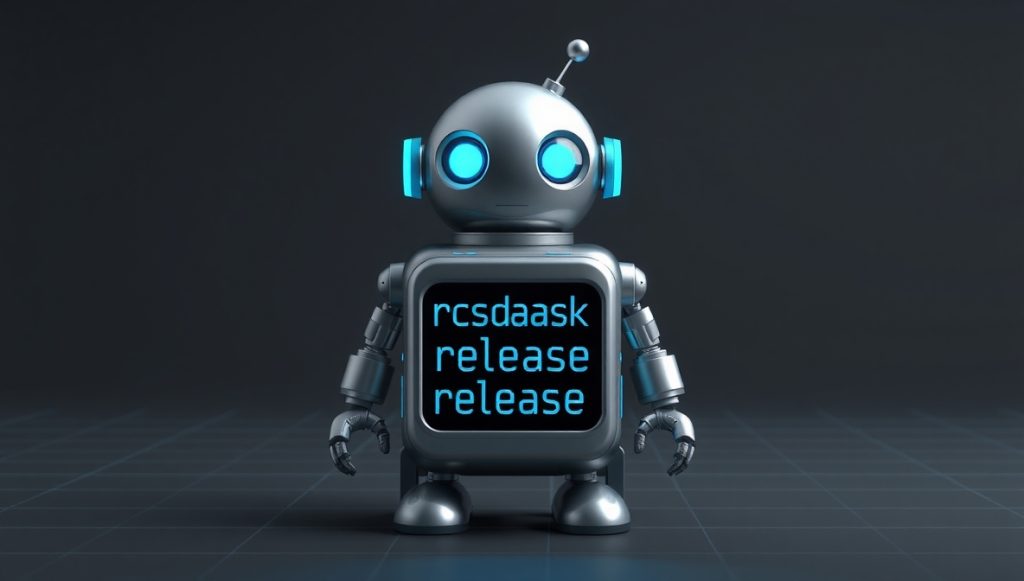
Conclusion
The evolution of technology is a story of continuous transformation, marked by milestones that challenge and redefine human potential. Among these milestones, rcsdassk release represents both a practical development and a symbolic moment in the broader narrative of innovation. Its significance lies not only in what it achieves but in how it sparks dialogue about the future of society.
Every major shift in history has required both courage and caution. By approaching innovation with a balanced perspective—embracing opportunities while addressing challenges—society can ensure that the benefits are widely shared. As we stand at this juncture, the unfolding story of rcsdassk release reminds us that progress is not predetermined; it is shaped by collective choices, responsibilities, and aspirations for a more inclusive and resilient future.
